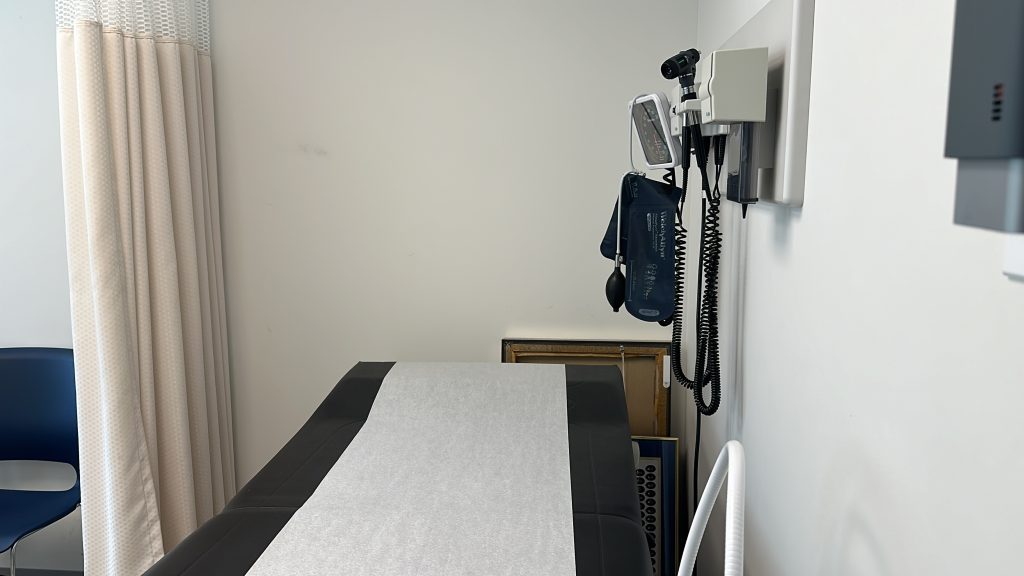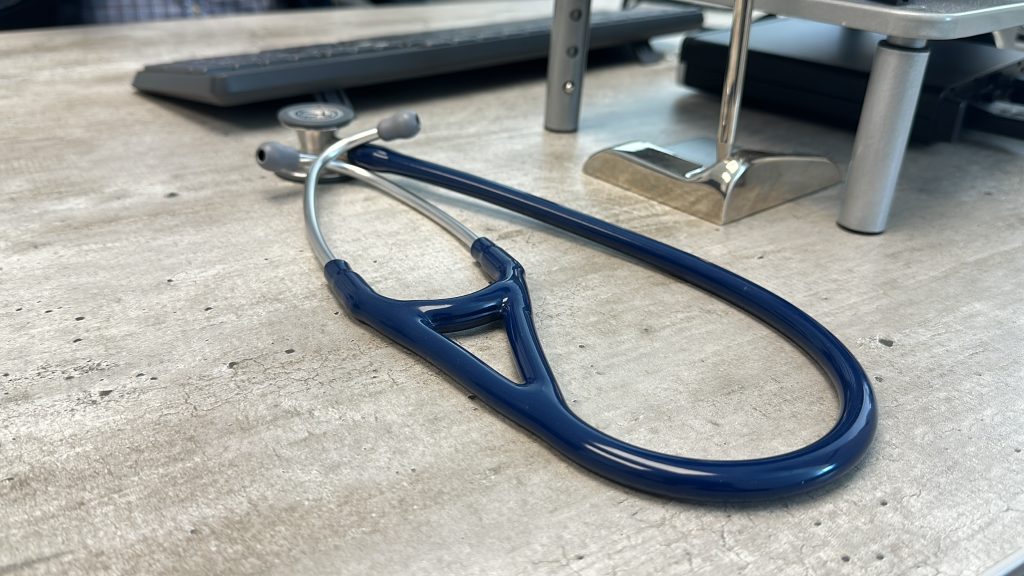Quebec having a hard time retaining doctors in the public system: report

Posted July 22, 2024 10:42 am.
Last Updated July 22, 2024 6:33 pm.
A record number of physicians appear to be opting out of the public health system in Quebec.
The Montreal Gazette is reporting that last year a total of 780 general practitioners and specialists were labeled as “non-participants” in the public system, a 22 per cent increase from the year before and the single largest increase on record.
That means that these doctors no longer bill the Régie de l’assurance maladie du Québec (RAMQ) for their services and are working as private medical specialists charging patients for various procedures.
“I’d love to say we’re surprised, but we’re not because we were seeing it coming, but it’s horrendous,” said Dr. Isabelle Leblanc, president of the group Médecins québécois pour le régime public.
“What we need is more physicians in the public health care system, so it’s something that’s really scary, I think, for all patients and for a lot of the physicians that stay in the health care system right now.”
Patient-rights advocates are concerned because this translates to fewer and fewer doctors in the public system and a much harder time for Quebecers accessing public healthcare.
The Médecins québécois pour le régime public would like the Quebec government to acknowledge this trend as a problem. The group also suggests certain rules or restrictions on private clinics might be necessary.
“I think they really have a free range of doing pretty much whatever they want. If they want to work a few hours per day or if they want to charge a huge amount of money to a patient, they can do that,” said Leblanc.
“We used to say, you know, a couple of doctors ceasing doing business with RAMQ was marginal and we had to let it go because it was not an important figure,” said Paul G. Brunet, the chair of the Conseil pour la protection des malades, adding, “we can see now there’s a trend and my feeling is that it’s not going to get better. It might even get a little worse before it gets better.”
Anne Lagacé Dowson, a spokesperson for the Canadian Health Coalition, says this recent trend is a disgrace because it means Quebec patients who need access to physician care will have more difficulty in getting the care they pay for with their taxes.
Lagacé Dowson adds that the Quebec government needs to tighten up rules to protect the public health system and that they have been extremely lax about allowing doctors to go back and forth between the private and public sectors.
“It’s a form of double dipping. In the morning, the physicians (are) in the hospital, in the afternoon they’re in their private clinic and good luck to you if you need to speak to your specialist in the afternoon,” said Lagacé Dowson.
According to the Gazette, the number of non-participant physicians represents about four per cent of all doctors in Quebec, a number that continues to grow as more private clinics are recruiting.
Frustration with a lack of resources and red tape are cited as the main reasons many Quebec doctors are opting to work in the private sector, which patient-rights advocates worry is slowly creating a two-tiered system.
Dr. Michael Kalin, a Montreal family doctor, suggests fewer doctors would enter the private sector if they had more control over where they could work.
“Even though Montreal is missing several hundred physicians, we will not offer jobs to all the doctors who are graduating this year. I do not understand that. No doctor in Montreal understands that,” said Kalin. “We should give them positions that are attractive to them. And I think that if we do this, everybody benefits.”
“The more the trend of private clinics taking over accelerates, the less there’s going to be resources in the public system,” said Dr. Leblanc, adding, “it could even lead to the crumbling out of our public health care system, which I think would be terrible.”








